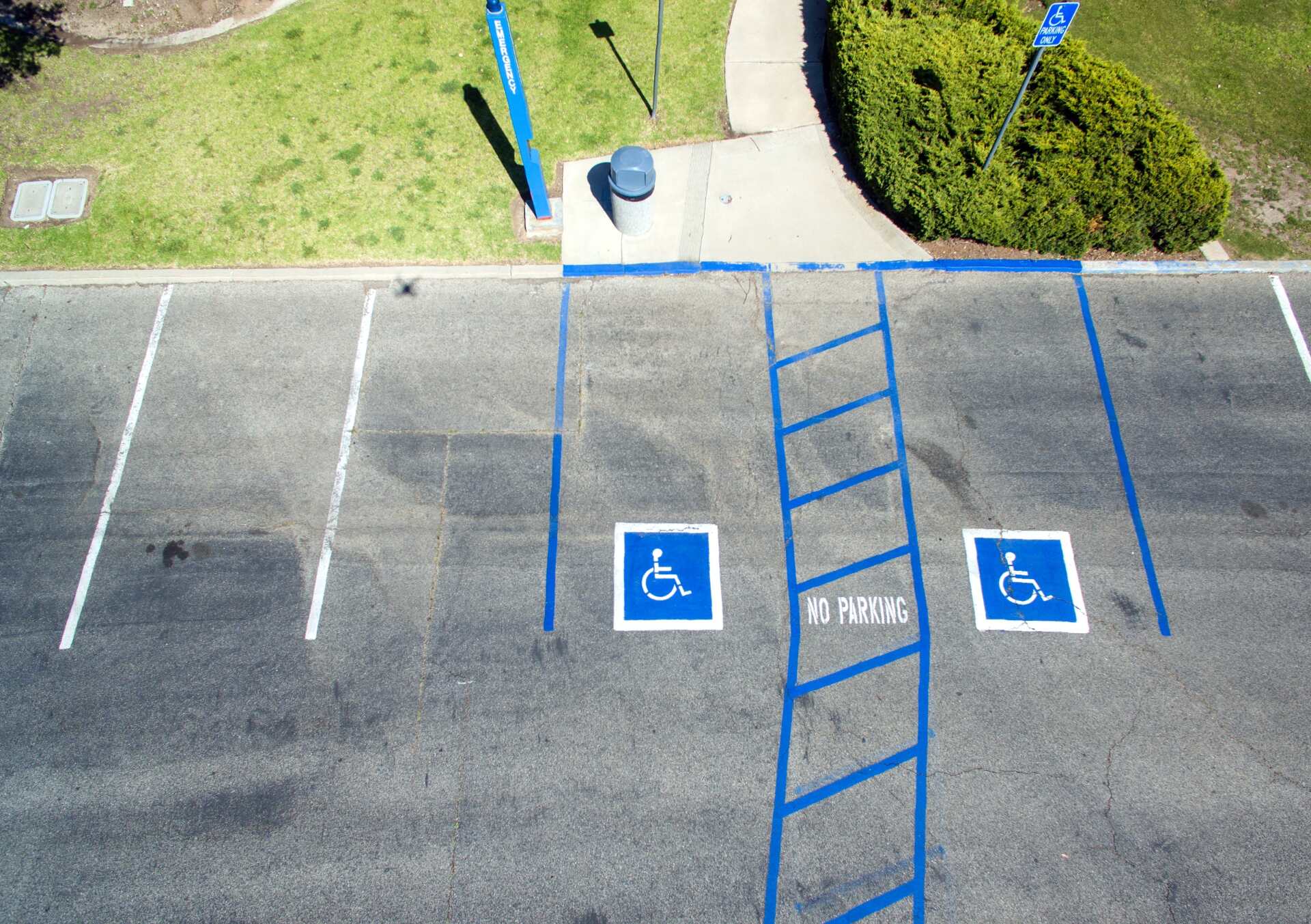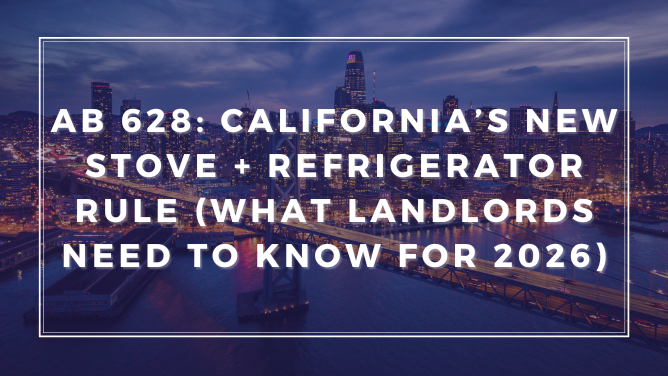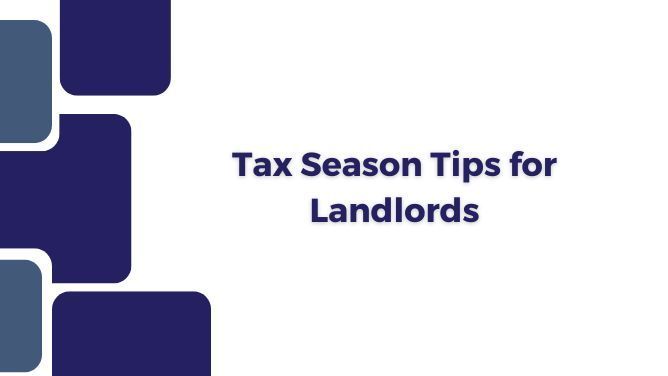IS YOUR RENTAL ADA COMPLIANT? San Francisco Landlord Advice

San Francisco rental property owners have a long list of state and local laws to follow. However, it’s important not to forget the federal laws. The Americans with Disabilities Act (ADA), is an important one. It requires rental property owners and their property managers to eliminate any risk of discrimination against tenants or applicants who have an intellectual, emotional, or physical disability.
As a landlord, you must provide accommodations to people with disabilities that lead to access that is equal or similar to what’s available to the general public. Do you know how this law applies to you and your San Francisco rental property?

DON’T WAIT FOR A COMPLAINT ABOUT YOUR SAN FRANCISCO RENTAL PROPERTY
Discrimination complaints can result in fines that are thousands of dollars. You don’t want to wait for this to happen, and you don’t want to be caught making a costly error. Be proactive and make sure every rental property you own complies with the ADA.
1. DEDICATED PARKING AREAS AND COMPLIANT COMMON AREAS

When it comes to parking, single-family rental property owners have it pretty easy. Your driveway or garage is likely going to be accessible for people with disabilities. For multi-family San Francisco rental properties, there might be a parking lot or a garage at the building, and you’ll need to provide accessible parking spots. They should be clearly marked with the appropriate signs so other tenants will understand that the parking spots are only for neighbors who need them.
Your building should have wheelchair ramps so tenants with disabilities can get in and out of the building with ease. Elevators should also be available if there’s more than one story.
Make sure any common areas are accessible and ADA-compliant. Community rooms, clubhouses, and other communal spaces must be compliant as well.
2. ADA COMPLIANCE IN INDIVIDUAL UNITS
Perhaps a tenant with a physical disability needs a bar or a seat in the shower. Installing one would be a legally protected modification that San Francisco is entitled to make, even if your lease agreement prohibits residents from making any changes to the property.
Another example of an accommodation that may need to be made is wider doorways or lower entry thresholds. These will also accommodate wheelchairs better.
3. SERVICE AND COMPANION ANIMALS IN YOUR SAN FRANCISCO RENTAL PROPERTY
A common accommodation that you’re likely to encounter is the need for a
service animal or a companion animal, which can be an emotional support animal or a therapy dog.
These animals are protected by the ADA and the Fair Housing Act. They cannot be treated as pets, which means you cannot charge a pet fee or pet rent. You cannot deny a tenant with a service or companion animal even if you rent out homes with strict no-pets policies. Service and companion animals are not seen as pets by the law. They’re seen as accommodations.
Address ADA Compliance in Your Lease Agreement
Your lease agreement should clearly state that you and your properties comply with all ADA requirements. Talk to your attorney or
San Francisco property manager about crafting the right language. You want to provide good service to tenants with disabilities, and you also want to protect yourself from any lawsuits or discrimination claims.
SAN FRANCISCO PROPERTY MANAGEMENT PROTECTION
One thing we do as professional property managers is protect you from liability and risk. At BanCal Property Management, we’ve been following federal, state, and local laws since 1987. We understand the ADA and we stay up to date on any changes that affect the properties we manage.
If you’d like to talk about whether your San Francisco rental properties are ADA compliant, please contact us. We’re always eager to hear your comments, questions, and suggestions.
Talk to us about how you keep your rental properties compliant with ever-changing laws and requirements.








